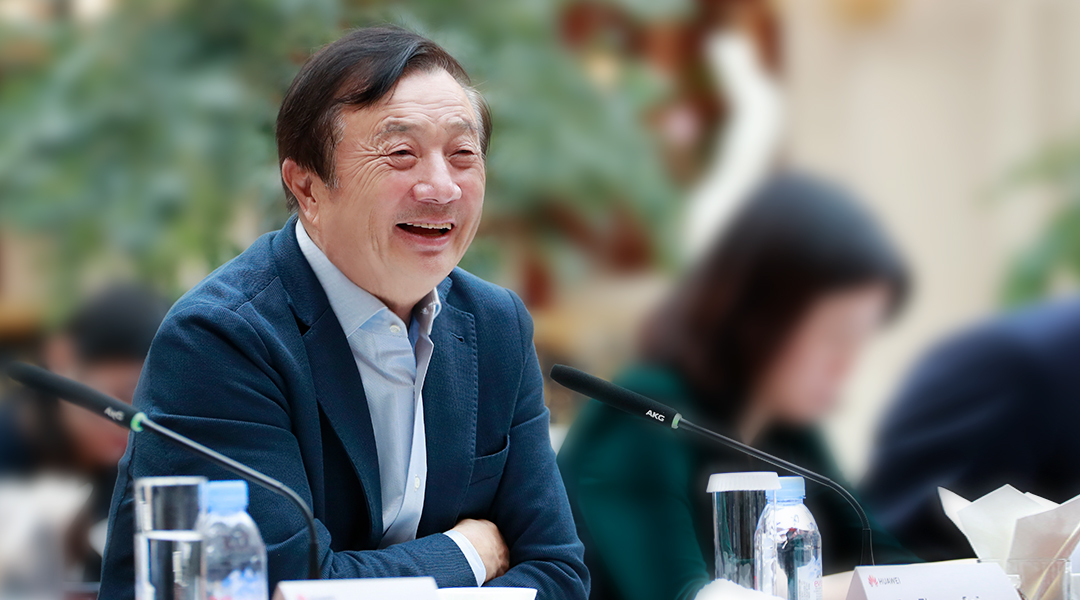US Delays Huawei Sanctions, Citing Stability Risk

Google said it would resume working with Huawei after the announcement of the 90-day stay of execution, while Huawei says extension ‘doesn’t mean much’
Google has said it will continue to work with Huawei to keep its existing Android handsets up-to-date and secure over the next three months, after the US Commerce Department announced a 90-day delay to the imposition of trade restrictions.
The effective ban, imposed last week when the department placed Huawei on a national security blacklist, and the abrupt decision to delay it, underscore the uncertainty surrounding Huawei and its suppliers, including Google and a number of major US chipmakers, amidst broader trade tensions between the US and China.
Google said the extension, which took the form of a 90-day licence, would allow it to continue collaborating with Huawei over the next few weeks.

Security
“Keeping phones up to date and secure is in everyone’s best interests and this temporary licence allows us to continue to provide software updates and security patches to existing models for the next 90 days,” Google said in a statement.
The Commerce Department said the licence is intended to ensure that existing handsets and telecommunications networks can continue operating safely in the short term.
Huawei telecommunications equipment is widely used in national telecommunications infrastructures around the world, including in the UK, and is also used in some networks in the US.
The extension is also a way of helping to manage the broader effects of the ban on Huawei and its global supply chain, which includes major chip manufacturers in the US and Europe.
The ban led to a sell-off in such chip stocks late last week and early this week.
Plan B
John Neuffer, president and chief executive of the Semiconductor Industry Association, said the group hopes to work with the US administration to “broaden the scope” of the licence in such a way as to ensure the industry’s economic security.
The Commerce Department said at the end of the three months it would evaluate whether to extend the temporary licence any further.
Huawei founder Ren Zhengfei said the extension “doesn’t mean much” and said the company has a “back-up” for operating without US chips.
“We will not easily and narrowly exclude US chips . . . but if there is a supply shortage, we have a back-up,” he told Chinese state media on Tuesday.